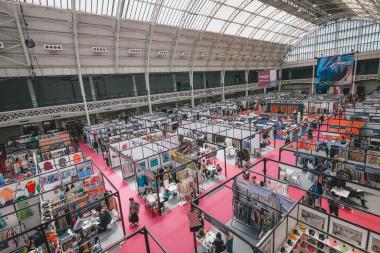Freudenberg launches sustainable, low-level BPA thermal insulation products
Freudenberg Performance Materials Apparel (Freudenberg) launches two advanced thermal insulation products made from low-level Bisphenol A (BPA) recycled PET fibers (rPET) into the global range of comfortemp®, Freudenberg’s thermal insulation brand.
The additions of DOWN FEEL WA 150LB and FIBERBALL WB 400LB to the comfortemp® global range serve as high-quality and ecologically-minded alternatives to down, enhancing the comfort and sustainability of your garments. DOWN FEEL WA 150LB is an extremely-lightweight, loose fiber thermal insulation with a super-light loft, while FIBERBALL WB 400LB uses clusters of extra-fine fibers to offer optimal breathability, maximum comfort, and minimal clumping after washing and drying.
GRS-certified and OEKO-TEX® STANDARD 100 Class I certifications
Both products utilize 100% GRS-certified rPET fibers, customizable to any desired fill levels. Additionally, these new products not only comply with but significantly surpass the stringent OEKO-TEX® STANDARD 100 Class I certifications. While OEKO-TEX® categorizes low-level BPA as less than 100 parts per million (ppm), these new products contain less than 1 ppm BPA, a testament to Freudenberg’s unyielding standards.
DOWN FEEL WA 150LB and FIBERBALL WB 400LB are available globally and more low-level BPA thermal insulation options are available in Asia.
Freudenberg Performance Materials
































